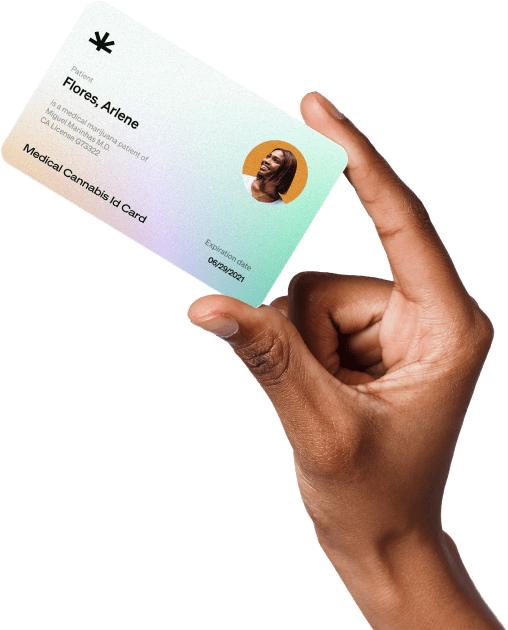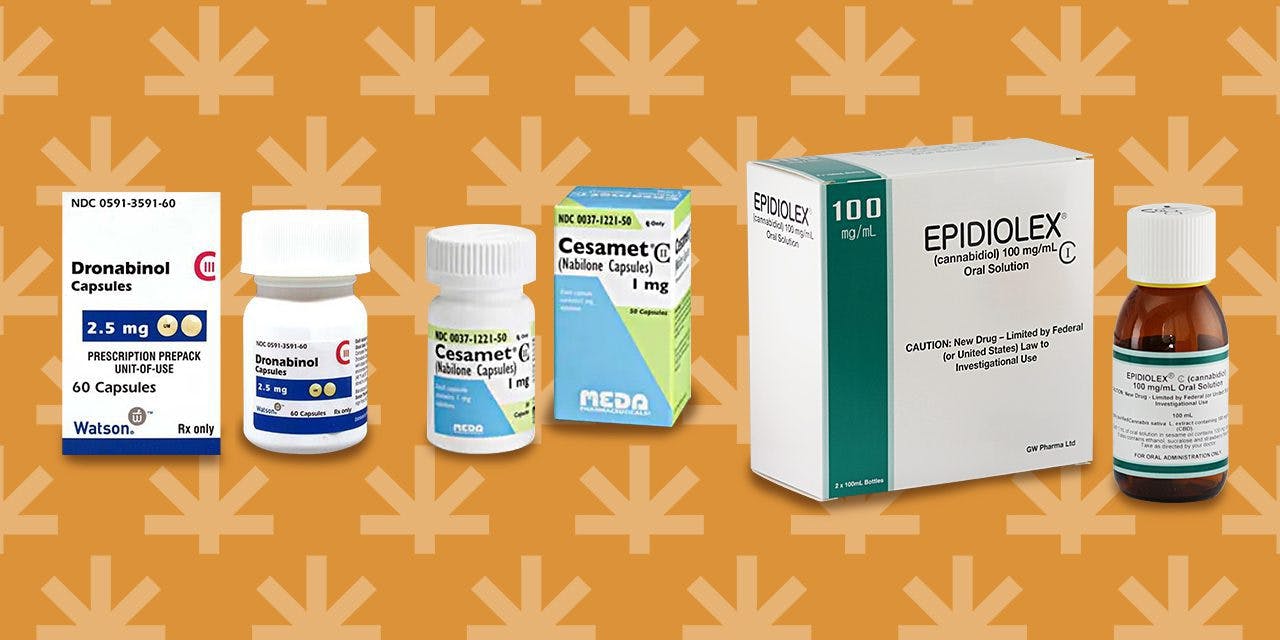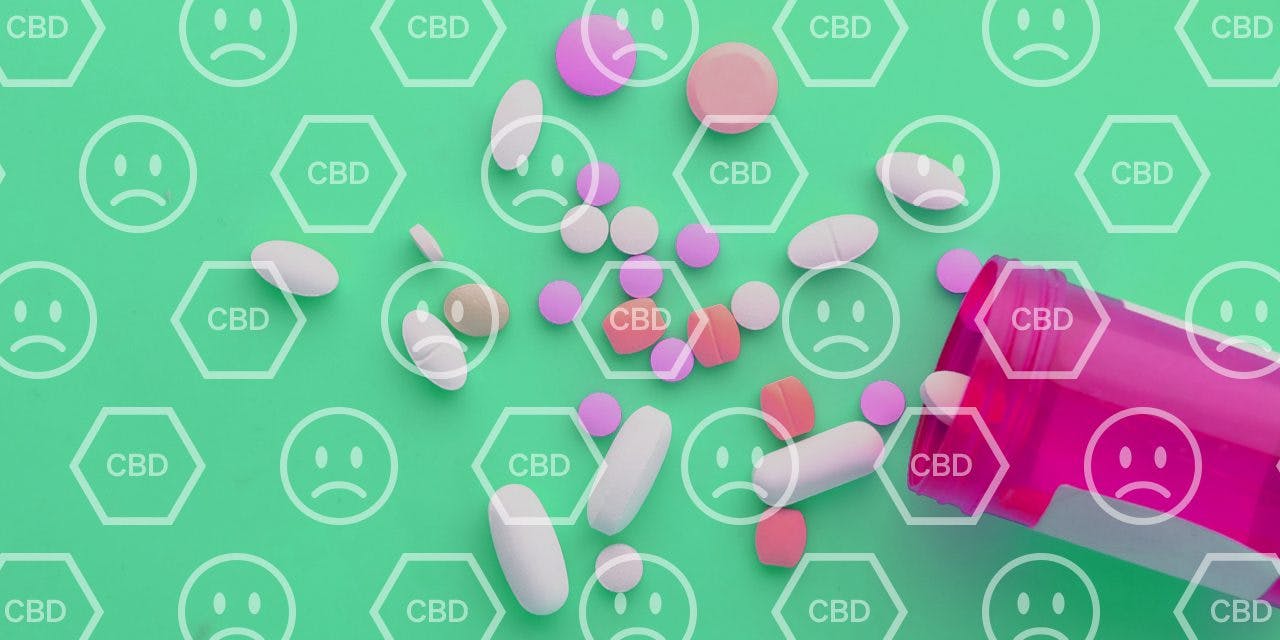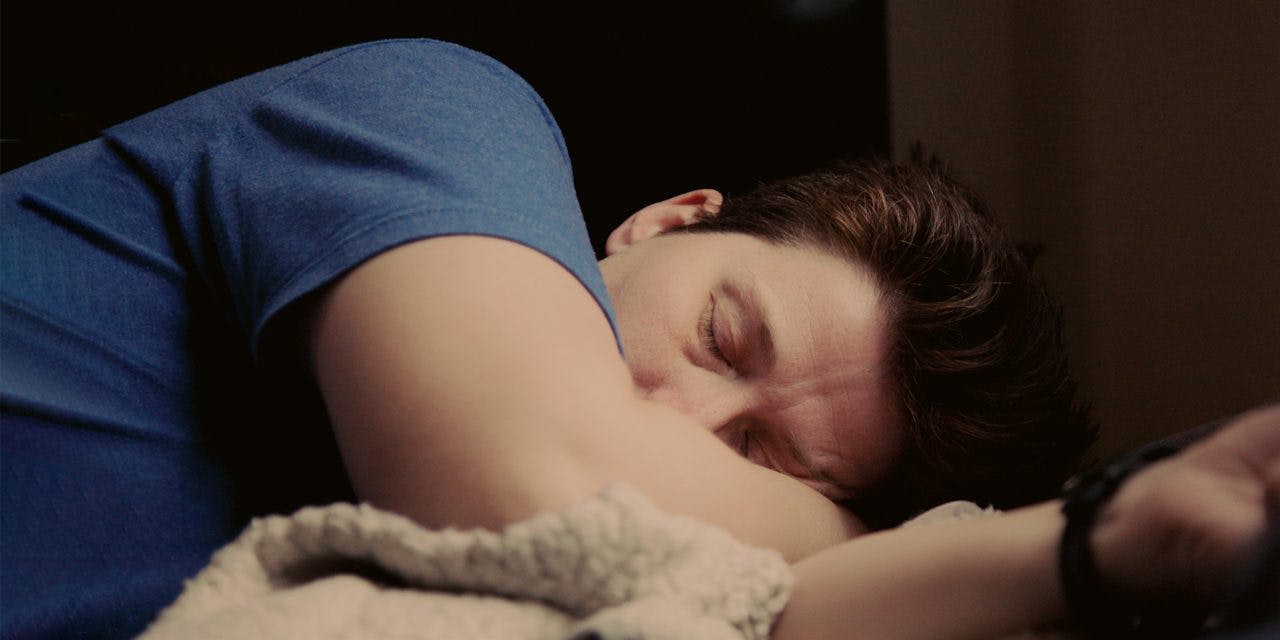What to Do If You Don’t Think CBD Is Working for You
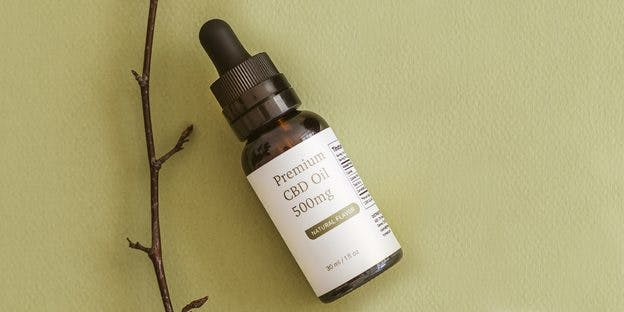
Article written by

Dipak HemrajHead of Research and Education
Content reviewed by

Dr. Lewis JasseyMedical Director - Pediatric Medicine
It can be difficult to know when cannabidiol (CBD) is working because it:
- Doesn’t have the same intoxicating effects as THC, and it can be difficult to know when it is having an effect.
- Can some time for CBD to start taking effect, sometimes even a few weeks of regular administration.
- Isn’t the correct dosage. For many, the sedative effects of CBD do not kick in unless they administer 300 mg of CBD or more.
Some people may find that CBD alone is just not enough to manage chronic pain. Such people may need to add some tetrahydrocannabinol (THC) to their dosing regime to take advantage of cannabis’ anti-inflammatory effects.
However, suppose you find that CBD is not working no matter what you try and that even various types of medical cannabis with a wide range of cannabinoids and terpenes have no therapeutic effect.
In that case, you may want to consider stopping the use of CBD or cannabis. Thankfully, CBD has no known withdrawal symptoms, and stopping medical cannabis does not have physical symptoms (nausea, cramps, tension) or danger in stopping, unlike opioid or benzodiazepine use.
Get your medical marijuana card
Connect with a licensed physician online in minutes.
Does CBD Work for Everyone?
Put simply, no, CBD does not work for everyone. CBD is just like any other medicine in this regard: It works for some and not for others.
Download Free Guide to CBD
Reasons CBD Might Not Work for You
It can be difficult to give the precise reasons CBD may not work for you because we are still trying to figure out how it works or even to what extent it does or doesn’t work in the first place.
Added to this is the complexity of the plant, which exists in a marketplace that is simultaneously unregulated and extremely regulated, making it difficult to research phytocannabinoids and parse the fact from the fiction.
There is mixed evidence regarding the efficacy of CBD for most medical conditions, except for epilepsy. However, there is little doubt that many people have reported positive results with appropriately dosed CBD and cannabis, experiencing therapeutic effects for conditions like chronic pain, depression and anxiety.
Here are some reasons why CBD might not be working for you.
Reason 1: You Haven’t Found the Right Product
Are you using full-spectrum CBD, broad-spectrum CBD, or CBD isolate? Are you using a CBD-rich product from a dispensary or something hemp derived?
You may need to try a few different types of products, like CBD oil or tinctures, to find out what works best for you.
Reason 2: You’re Using a Bad Quality Product
There are plenty of CBD products on the market that are simply not that good from a safety and quality standpoint.
They may contain less CBD than stated on the packaging or have issues like pesticide and pollutant contamination. Such products are unlikely to work. Purchasing CBD from a reputable company can help overcome this risk.
Reason 3: The Lack of Entourage Effect
Suppose you are using CBD isolate and find that it’s not working. In that case, you may need to combine it with other cannabinoids, terpenes, and flavonoids to boost its therapeutic properties and benefit from the entourage effect.
This effect is the combination of various cannabis plant compounds working with each other (and even against each other) that boosts cannabis’ anti-inflammatory effects while simultaneously reducing negatives.
Reason 4: You Need More THC
There are many misconceptions surrounding THC, one being that it is the “non-medical” or “recreational” cannabinoid. This is not true.
THC has pain relieving, anti-emetic (anti-nausea and vomiting), and anti-spasmodic and sedative properties that can combine with other cannabinoids and terpenes to produce a therapeutic effect.
Careful dosing can help mitigate some of the negative effects that might arise from the overconsumption of THC. Some health problems may only require THC, which has the added advantage of having a better safety profile than many prescription painkillers.
Download Free Guide to THC
Reason 5: Your Condition is Not Cannabinoid-Responsive
Although the endocannabinoid system (ECS) is involved in many disease processes due to its relationship with stress and inflammation, this is not always the case.
Multiple sclerosis (MS) is one example, as cannabinoid-responsive MS could be considered a subtype of MS. Not all types of MS are cannabinoid responsive. The same applies to pain, anxiety, PTSD, cancer, or other health problems.
Reason 6: Interference With Other Medications
CBD has been noted as having a drug-drug interaction with:
- The common blood thinner medication warfarin.
- The heart rhythm medication amiodarone.
- Painkillers like tramadol.
- The thyroid medication levothyroxine.
- Several medications for seizures, including clobazam, lamotrigine, and valproate.
CBD can desensitize the liver enzyme cytochrome P450, which is responsible for the metabolization of many drugs. It is also possible that these drugs interfere with CBD’s efficacy to some extent.
How Long It Takes for CBD to Work
It can take anything between a few minutes to two hours to take effect, depending on the route of administration.
Inhaling CBD can have almost immediate effects, whereas eating it can take up to two hours to take effect. Those using transdermal patches may not start feeling the effects for a few days, as absorption rates are much slower. For some people, it may not work at all.
Moreover, it can take a few weeks of regular administration to get the full therapeutic effects of CBD, as the body needs to build up the level of phytocannabinoids (plant cannabinoids) to replace any endocannabinoids (body cannabinoids) that ECS dysregulation may cause.
Alternatives to CBD
You can try different combinations of cannabinoids and terpenes alongside CBD to see if there are any that work.
Otherwise, those who find that CBD or cannabis doesn’t work for them may want to try another approach. If you are using cannabis or CBD as a first port-of-call medication-wise, you may want to try a more “typical” medical route.
If you have tried many other standard medications and find CBD doesn’t work, it can be difficult to say what else will work. Speak to your doctor to get a better understanding and range of your options.
The Bottom Line
CBD is like any other medicine: It works for some people, not others. More research is needed to see which conditions and patient populations are cannabinoid responsive and which ones are not.
Get Your Medical Card
Connect with a licensed physician online in minutes.
Frequently Asked Questions
Why don’t I feel CBD effects?
CBD is not intoxicating like THC, although people report physiological effects (e.g., stress relief, sedation in higher doses), meaning that CBD is psychoactive. However, not everyone will feel these sorts of effects when consuming CBD. This does not mean it’s not having a therapeutic effect. If you feel that you’re able to sleep, eat and walk around better because of CBD, it is helping you achieve an effect even if you don’t get “high” from it.
When does CBD not work?
CBD may not work when:
- You haven’t found the right product.
- You haven’t found a good quality product.
- You haven’t administered the correct dose.
- You only use CBD isolate and need other cannabinoids, terpenes, and flavonoids to take advantage of the entourage effect.
- You may require more THC, which may require a medical marijuana card.
- Your condition is not cannabinoid-responsive.
- Another medication or treatment is interfering with the action of CBD.
